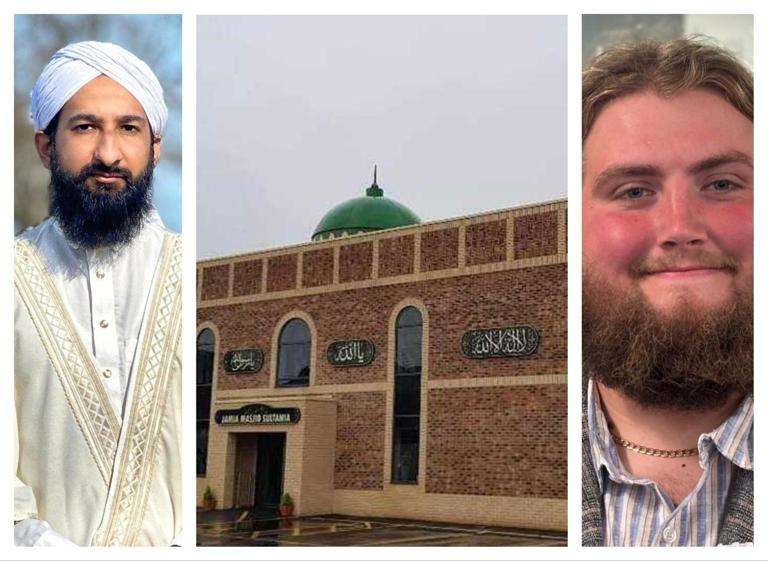Rain and cooler temperatures are aiding South Korean firefighters as they combat the nation’s most severe wildfires on record.
The governor of the hardest-hit area has called for a complete overhaul of wildfire response strategies, attributing the disaster’s intensity to the worsening climate crisis.
Over the past week, the wildfires have claimed 28 lives and scorched vast areas of land in the southeast. As of Friday morning, Korea Forest Service chief Lim Sang-seop announced that 85% of the fires had been contained, with authorities ramping up efforts to fully extinguish the remaining blazes by deploying more helicopters and firefighters.
The fires have also destroyed thousands of homes, factories, vehicles, and other structures, leaving mountains and hills covered in smoldering ash.
“Visibility has improved due to last night’s rain, which, along with cooler temperatures, is making firefighting efforts more effective,” Mr. Lim said.
Many of the firefighters—some in their 60s, reflecting South Korea’s rapidly aging population—were seen navigating forests in protective gear, spraying fire suppressants. Helicopters continued to dump buckets of water over glowing hills.
Residents sought refuge in temporary shelters, such as schools and gyms, but in some areas, the fire came dangerously close. A video shared by an evacuee showed flames creeping toward a school soccer field under a smoke-filled sky.
“I just kept crying this morning,” said 79-year-old evacuee Seo Jae Tak. “When I returned yesterday, the entire mountain had turned to ash. It’s beyond words—just heartbreaking.”
Authorities have mobilized approximately 9,000 personnel, 125 helicopters, and hundreds of vehicles to combat the fires, which have burned 47,860 hectares (118,265 acres), displaced over 30,000 residents, and injured 37 people. As of Friday, around 8,000 people remained in temporary shelters.
Fueled by strong winds and dry conditions, the fires highlight the growing impact of climate change. While individual weather events cannot always be directly linked to climate change, experts warn that rising global temperatures are increasing the frequency and severity of extreme weather, including wildfires, floods, droughts, hurricanes, and heatwaves.
Governor Lee Cheol-woo of North Gyeongsang Province emphasized the urgent need for a revamped wildfire response strategy, citing the rapid spread of fires due to dry and windy conditions. He urged the government to improve evacuation procedures, invest in more powerful firefighting equipment such as water cannon-equipped aircraft, and develop better nighttime firefighting methods.
“Our current resources are inadequate for fighting fires at night,” Mr. Lee stated. “We rely solely on manual efforts, but with denser forests than in the past, this approach is no longer sufficient.”
On Thursday, Lee Han-kyung, deputy head of the disaster response center, described the wildfires as a stark reminder of the climate crisis, according to Yonhap news agency.
Most of the victims were in their 60s or older, including a pilot whose helicopter crashed on Wednesday and four firefighters who were trapped by fast-moving flames earlier in the week. Officials noted that elderly residents struggled to evacuate quickly but have not provided further details on civilian casualties.


_9.jpg)





.svg)


